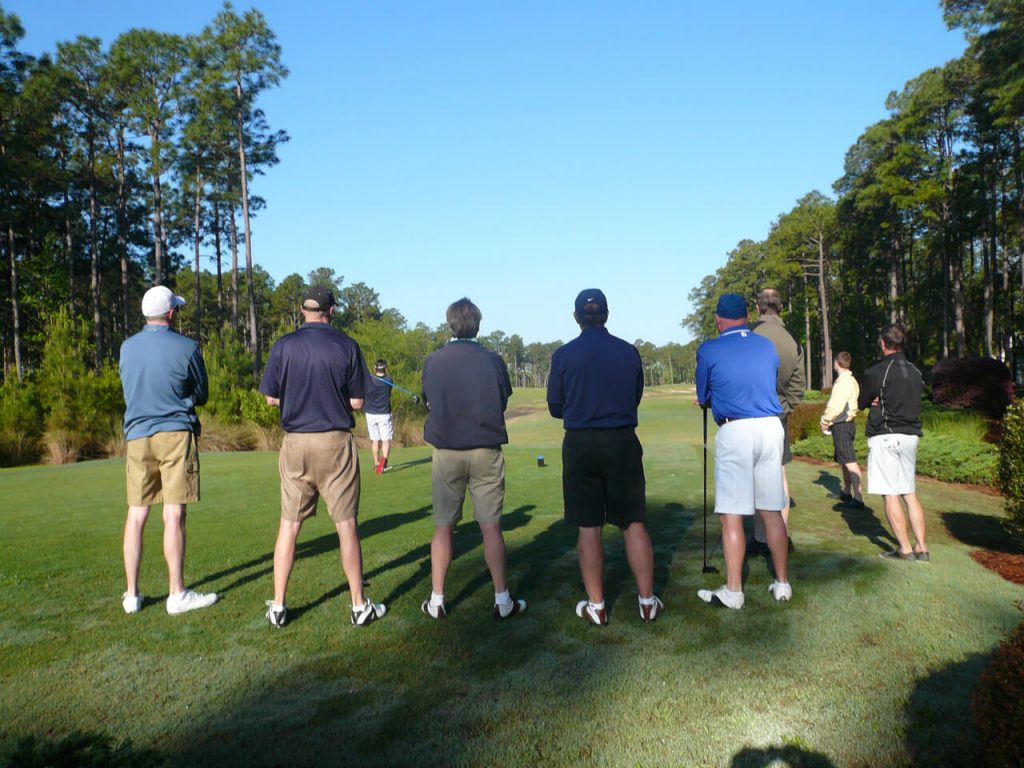A good friend from Europe sent me a comment on my recent blog on male-male friendships. She said that there might be a cultural component to the relationships that men have with other men. At least in southern Europe, men have solid relationships with other men. Having lived in Europe for 20 years I would agree solid friendships between men are much more common there than in the United States. And based on my work and travels in Latin America, I would also say that male-male Latino friendships are stronger than in the U.S.
I was trying to figure out where this difference might come from. I’m not sure I’m right, but here are a few possible reasons:
- Competitive nature: Donald Trump will tell you: “Americans want to winâ€. From a very early age I grew up in a very competitive environment in the U.S. My parents immigrated to the U.S. in the early 50s with little money but big dreams. They knew that they had to “make it†on their own with little support from others. I too wanted to be the best I could, especially in sports. My parents expected the same from me in the area of academics. I’m sure many Americas have grown up experiencing the same competitive nature in school, sports and career. Being so focused on oneself might mean that you have less time or interest to focus on others.
- Mobility: Americans move often. This usually starts when, at age 18, we head off to college or university. Many times we want to move far away from home. There can be many reasons for this desire to distance ourselves from our family or home town: 1) freedom, 2) area of study a specific university offers, 3) climate, 4) athletics. When we graduate from university we often take a job in a different city. Climbing the corporate ladder might involve further relocations. We Americans never seem to plant our roots like Europeans or Latin Americans do. So friendships tend to remain more superficial. We make “friends†quickly when we arrive in a new city, but these friendships tend to be very shallow.
When my daughter graduated from high school two years ago, the valedictorian said something that stuck with me. It went something like this: “Students of the class of 2014, look around you. This might be the last time you see your classmates again.â€
The friends I know in Europe are much more tied to their town, city or geographic region then we are in the U.S. Sure, they might go away to study, but in most cases, they return “homeâ€. And home is where they still have their friends.
- Kids’ activities: Today at 5 pm I’ll be leaving work to watch my sons’ lacrosse game. They have at least two games a week. In the Fall the routine continues, but now I’m watching them play football. American fathers spend a lot of time transporting their kids to sporting events, piano lessons, theater rehearsals, etc. And, they spend a lot of time watching them compete in these activities. Notice how I said, “competeâ€. We want our kids not only to participate because they are enjoying the activity. No, we also want them to be the best at whatever their passion is and so we invest time and money to support them.
I see a lot of dads at the lacrosse and football games but rarely will I have a deeper discussion with one of them. Most times they are watching the game while talking on their cell phones.
- A sign of weakness: I believe that men in America have a hard time being vulnerable towards other men. We are quick to share our successes but stay still when we are recovering from a failure. If you can’t get through the tough times on your own, we think that sharing this with another man might be a sign of weakness. And so we don’t share our failures, frustrations or fears with other men. Now picture a relationship with a buddy of yours, maybe that you’ve had since the 5th grade and how much easier it would be to let him know what’s really troubling you. Most European and Latino men have relationships with other men that start back in their childhood. I don’t think most American men do.
Yes, I do believe that culture has an impact on relationships and whether a “friend†is really a faithful friend or more of an acquaintance. The environment in which we live, the demands on our time and the priorities that we set, will have either a positive or negative impact on the friendships that men have to other men.
